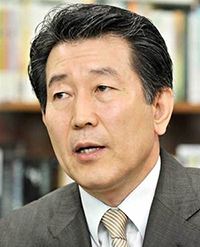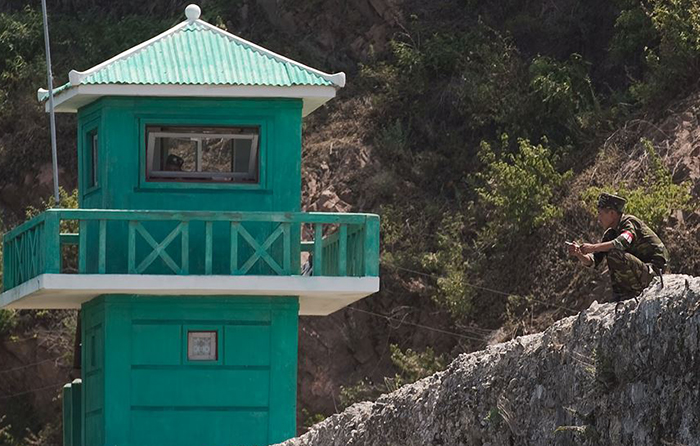North
Korea
Why number of North Korean defectors
keep decreasing
2018-10-05 09:48 By Jung Da-min
Chun Ki-won, a pastor with the Durihana Mission in Seoul
who has been helping North Korean defectors in South Korea and third countries
since the 1990s, says he receives fewer inquiries from defectors seeking to
escape from the North these days, compared to the past.

"I used to receive an inquiry every other day but
now it has become less than once a week," Chun told the Korea Times in
an interview on Tuesday." The crackdown on North Korean refugees has been
strengthened in North Korea and China, causing a decrease in the number of defectors
our organization can help escape." The number of North Korean refugees
entering the South has been falling since 2012, a year after Kim Jong-un took
power. It dropped to a record low this year as of August, Rep. Park Byeong-seung
of the ruling Democratic Party of Korea (DPK) said on Sept. 30. According to
data Park received from the Ministry of Unification, 703 North Koreans have
entered the South this year as of August, down 9.7 percent from the same period
last year. Among them, 607 are women, accounting for 86 percent of the total.
Tighter border controls by the North Korean authorities are one reason, Chun
said.
"The border of the North is being guarded with cameras and automatic sensors
as well as wires," Chun said. "Crossing the border is possible through
human trafficking or brokerage, but the cost for hiring a broker is usually
too expensive for North Koreans." According to Chun, the cost to hire a
broker has risen to between 10 million ($8,930) and 15 million won ($13,396),
about 10 to 15 times higher than in the late 1990s. Meanwhile, the Chinese government's
"smart city" policy, which requires citizens to present their identification
cards for every purchase they make, has also added to the difficulties facing
defectors, he added. "The changed policy has been in effect since early
2017 and defectors' movements have become difficult as they cannot buy transportation
tickets," he said. "This also factored into the increase in brokers'
costs." There is another reason. Not many North Koreans are willing to
risk the dangers of escaping the country, as they have found another way to
survive ― Jangmadang, or markets where they can get food.
"Although not as rich as South Koreans' diet, North Koreans eat three meals
a day with food from Jangmadang," Choi Hyun-joon, a defector who settled
in the South in 2009, told The Korea Times. Choi has been leading a defectors
group called Society for Unification Future, in Seoul. "They are not willing
to risk their lives as they are not desperate with starvation, unlike in the
1990s when North Korea was going through the Arduous March." Choi also
said North Korea's leader Kim Jong-un has tightened border controls by rewarding
soldiers who report escapees, even encouraging them to receive money as brokers
before reporting the defectors. If a five-member North Korean family decides
to leave the country, it would cost at least 75 million won to pay for brokers,
which does not even guarantee a safe escape, he explained. "There are not
enough incentives for North Koreans to risk their lives to escape when they
can still survive quite decently through the markets."

▲ North Korean soldiers on the banks of the Yalu River
near Sinuiju, opposite the Chinese border city of Dandong, in this 2017 July
file photo. AFP-Yonhap (Korea Times file)